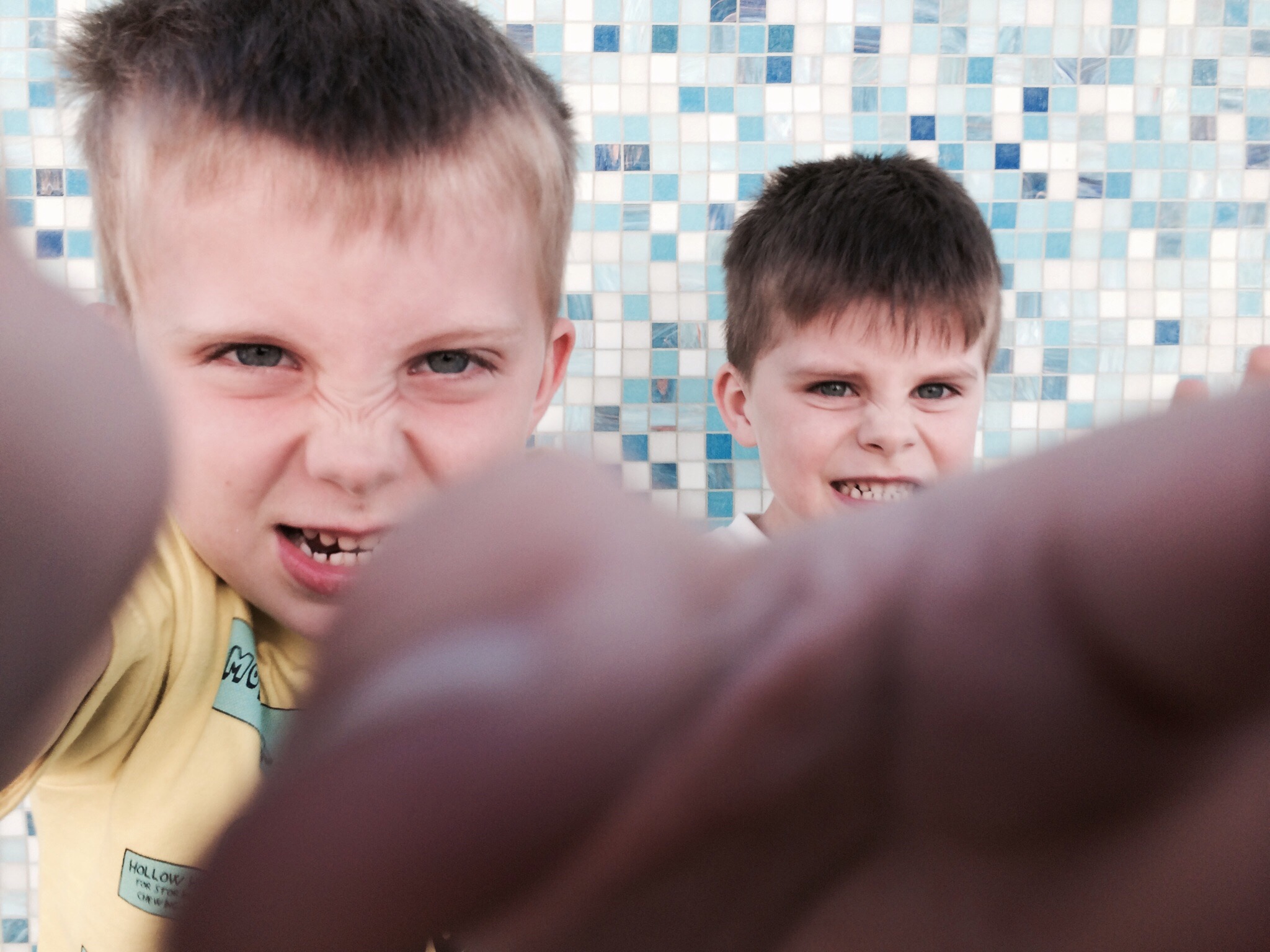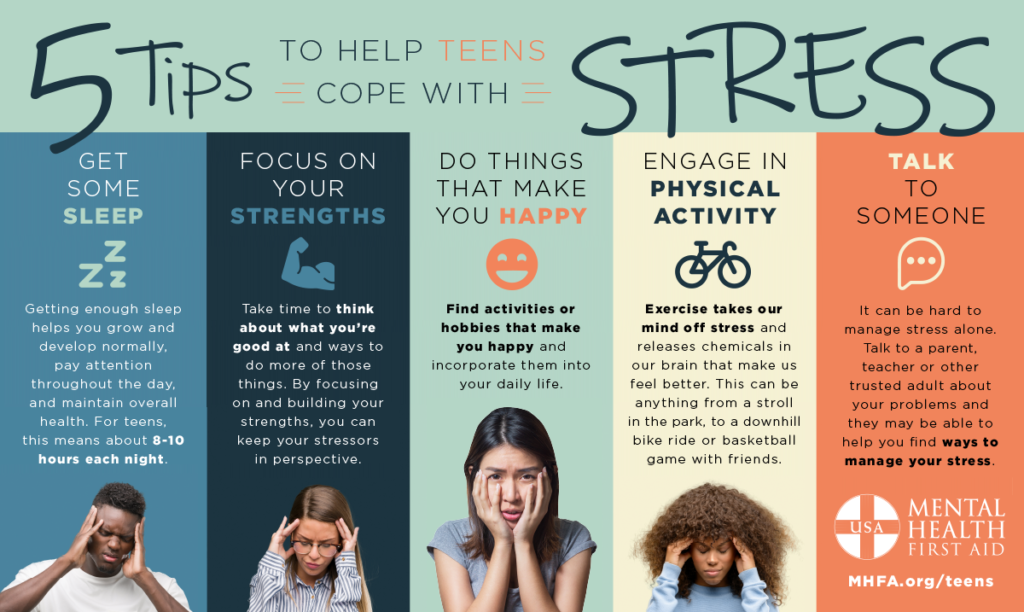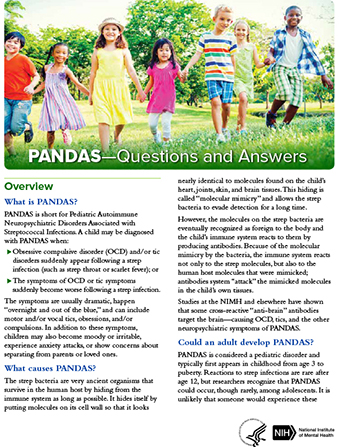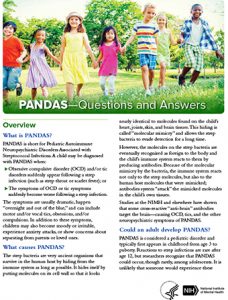For Better Adult Mental and Relational Health, Boost Positive Childhood Experiences
 Positive childhood experiences, such as supportive family interactions, caring relationships with friends, and connections in the community, are associated with reductions in chances of adult depression and poor mental health, and increases in the chances of having healthy relationships in adulthood, a new study led by Johns Hopkins Bloomberg School of Public Health researchers suggests. Read more ›
Positive childhood experiences, such as supportive family interactions, caring relationships with friends, and connections in the community, are associated with reductions in chances of adult depression and poor mental health, and increases in the chances of having healthy relationships in adulthood, a new study led by Johns Hopkins Bloomberg School of Public Health researchers suggests. Read more ›


 Explosive behavior. Rage. Tantrums. Meltdowns. Aggression. Property destruction.
Explosive behavior. Rage. Tantrums. Meltdowns. Aggression. Property destruction.
 Kids start developing communication skills from the moment they’re born. Newborns quickly begin to recognize important sounds in their environment, such as their parents’ voices. As they grow, babies start recognizing the sounds that form language, such as the way syllables, words, and sentences work.
Kids start developing communication skills from the moment they’re born. Newborns quickly begin to recognize important sounds in their environment, such as their parents’ voices. As they grow, babies start recognizing the sounds that form language, such as the way syllables, words, and sentences work. 
 High school teens spend most of their time attending classes, participating in extracurricular activities and doing homework. There is constant pressure to do everything and do it well to prepare for a successful career or higher education after high school. This can cause a lot of stress.
High school teens spend most of their time attending classes, participating in extracurricular activities and doing homework. There is constant pressure to do everything and do it well to prepare for a successful career or higher education after high school. This can cause a lot of stress.
 Your child tends to forget things, has difficulty listening to and following instructions, working independently, and completing tasks. She struggles with setting priorities and resisting impulses. Sound familiar? Your child may be struggling with executive function issues.
Your child tends to forget things, has difficulty listening to and following instructions, working independently, and completing tasks. She struggles with setting priorities and resisting impulses. Sound familiar? Your child may be struggling with executive function issues. 
 The lazy days of summer have come to an end, and kids everywhere are going back to school. These expert tips from
The lazy days of summer have come to an end, and kids everywhere are going back to school. These expert tips from 
 Child-adult relationships that are responsive and attentive—with lots of back and forth interactions—build a strong foundation in a child’s brain for all future learning and development. This is called “serve and return,” and it takes two to play! Follow these 5 steps to practice serve and return with your child.
Child-adult relationships that are responsive and attentive—with lots of back and forth interactions—build a strong foundation in a child’s brain for all future learning and development. This is called “serve and return,” and it takes two to play! Follow these 5 steps to practice serve and return with your child. 


 Find out about what skills help children learn, how they learn language, how they learn about feelings and relationships, how they learn about numbers, and how they become skillful at moving their bodies on
Find out about what skills help children learn, how they learn language, how they learn about feelings and relationships, how they learn about numbers, and how they become skillful at moving their bodies on 



